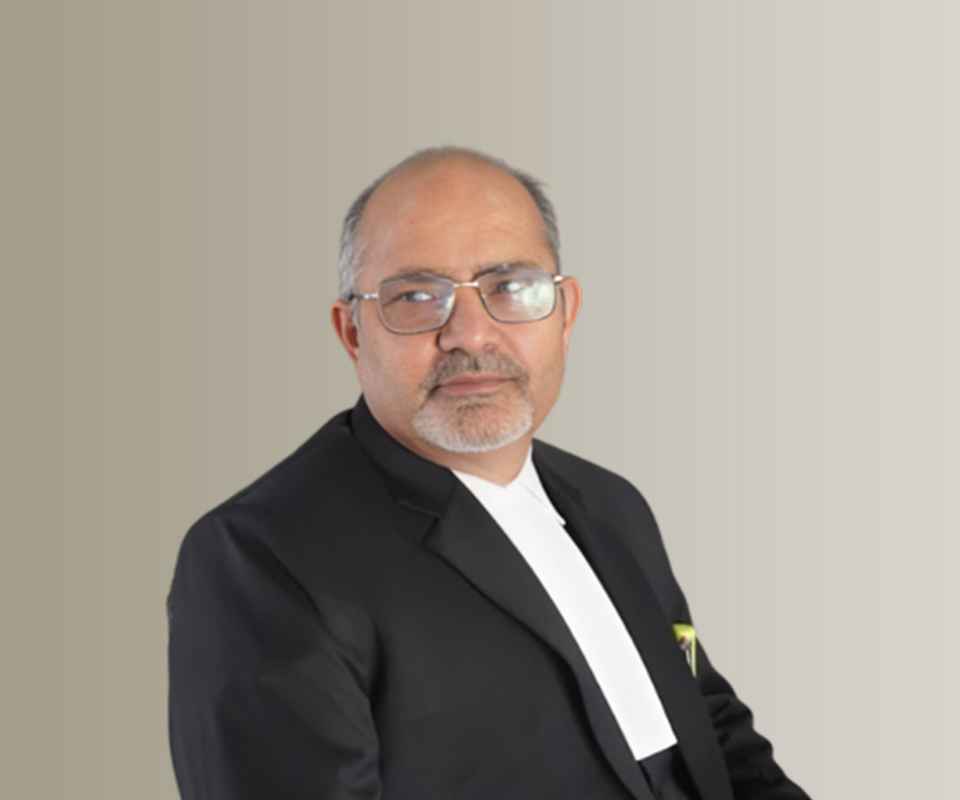Answer By law4u team
In India, the duration for which child support is paid typically depends on the child’s age, needs, and the parental responsibilities established by a family court. Generally, child support payments continue until the child reaches the age of 18, which is the legal age of majority under Indian law. However, there are certain circumstances where support may extend beyond this age, particularly if the child has special needs or is still pursuing education.
Duration of Child Support in India:
Until the Child Reaches the Age of Majority (18 years):
Standard Duration: According to Indian law, child support payments typically continue until the child reaches the age of 18. This is the age at which a child is legally considered an adult and is no longer entitled to child maintenance under most circumstances.
Indian Majority Act, 1875: Under the Indian Majority Act of 1875, a person attains majority when they turn 18, which marks the end of parental obligations in terms of financial support for the child, unless specific exceptions apply.
Extended Support for Education:
In some cases, the courts may order that child support continues beyond the age of 18 if the child is still engaged in formal education (e.g., completing higher education such as college or university). Courts may consider the child’s need for continued financial support until they are able to complete their education and become financially independent. This is typically determined on a case-by-case basis, with the custodial parent needing to demonstrate the necessity for ongoing support.
Support for Special Needs Children:
If the child has special needs or a disability, the court may extend child support indefinitely, depending on the child’s condition. This would be in the best interest of the child, especially if they require ongoing medical care or supervision and cannot become self-sufficient. Medical reports, disability certificates, and other documentation may be submitted to demonstrate the child's long-term dependency.
Emancipation of the Child:
In rare cases, the court may determine that the child is emancipated (i.e., capable of supporting themselves before turning 18), in which case the obligation to pay child support may end earlier. Emancipation can be declared if the child is financially independent, has married, or is living independently with their own means of support.
Factors Influencing the Duration of Child Support:
The Child’s Educational Status:
Courts may consider whether the child is still in school or higher education. If the child is pursuing full-time education and is not yet financially independent, the custodial parent may request that support continue until the child completes their education. For example, if the child is pursuing a professional course (e.g., medicine, engineering, law), support could continue until the child is capable of earning an income from their career.
Child’s Special Needs or Disability:
If the child has a medical condition or disability that requires ongoing treatment, the parent may request that support continue for a longer period, potentially until the child reaches the age of 21 or longer, depending on the child’s dependency on the custodial parent.
Financial Capability of the Parents:
The court also considers the financial capability of both parents. If the non-custodial parent is unable to pay due to financial hardship, child support may be reduced or terminated. Conversely, if the non-custodial parent has an increased income, the amount of child support may be revised.
Child’s Ability to Support Themselves:
If the child starts working and becomes financially independent (such as taking up a job or business), the court may decide to terminate the support payments early, even before the child turns 18. However, this will depend on the child’s age and the circumstances.
Modifying Child Support Payments:
Application for Modification:
If the child requires continued support beyond the age of 18 (for education or special needs), the custodial parent can apply to the family court for a modification of the child support order. The court will evaluate the child’s ongoing needs and the financial capacity of both parents to determine whether the support should continue and for how long.
Reviewing Child’s Circumstances:
The family court may review the situation periodically to ensure that the amount of child support continues to meet the changing needs of the child. If the child’s situation changes (e.g., they begin to work, or they complete their education), the court may adjust the support accordingly.
Example:
Standard Scenario:
A father is ordered to pay ₹10,000 per month in child support for his 10-year-old son. The support payments will continue until the child turns 18, at which point the father’s responsibility ends, unless the child requires continued support for education or health reasons.
Education Support:
If the same child decides to pursue a medical degree after turning 18, the mother can approach the court for extended child support until the child finishes their studies. The court may approve the request based on the child’s educational needs and the parents’ financial situation.
Special Needs Child:
If the child has autism or another long-term disability, and the father is the non-custodial parent, the court may order continued child support indefinitely, as the child may need care and financial support beyond the age of 18.
Conclusion:
In India, child support typically continues until the child reaches the age of 18, the age of majority, under the Indian Majority Act, 1875. However, the duration can be extended if the child is still pursuing education or has special needs requiring long-term care. The custodial parent can request a modification of the child support order if the child’s circumstances change. The family court reviews the situation based on the child’s welfare, educational status, and any medical conditions to determine whether support should continue beyond the standard age of 18.







